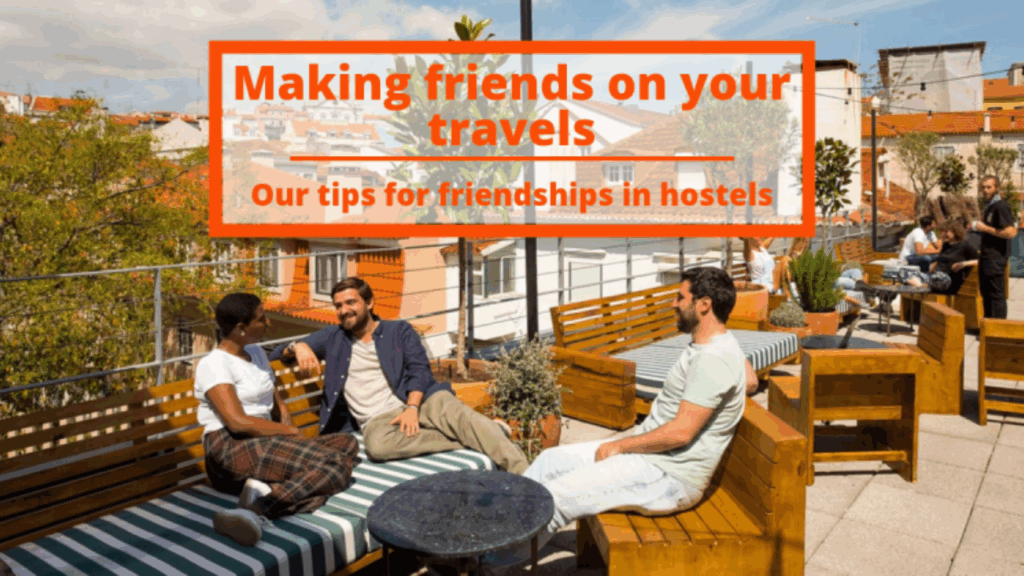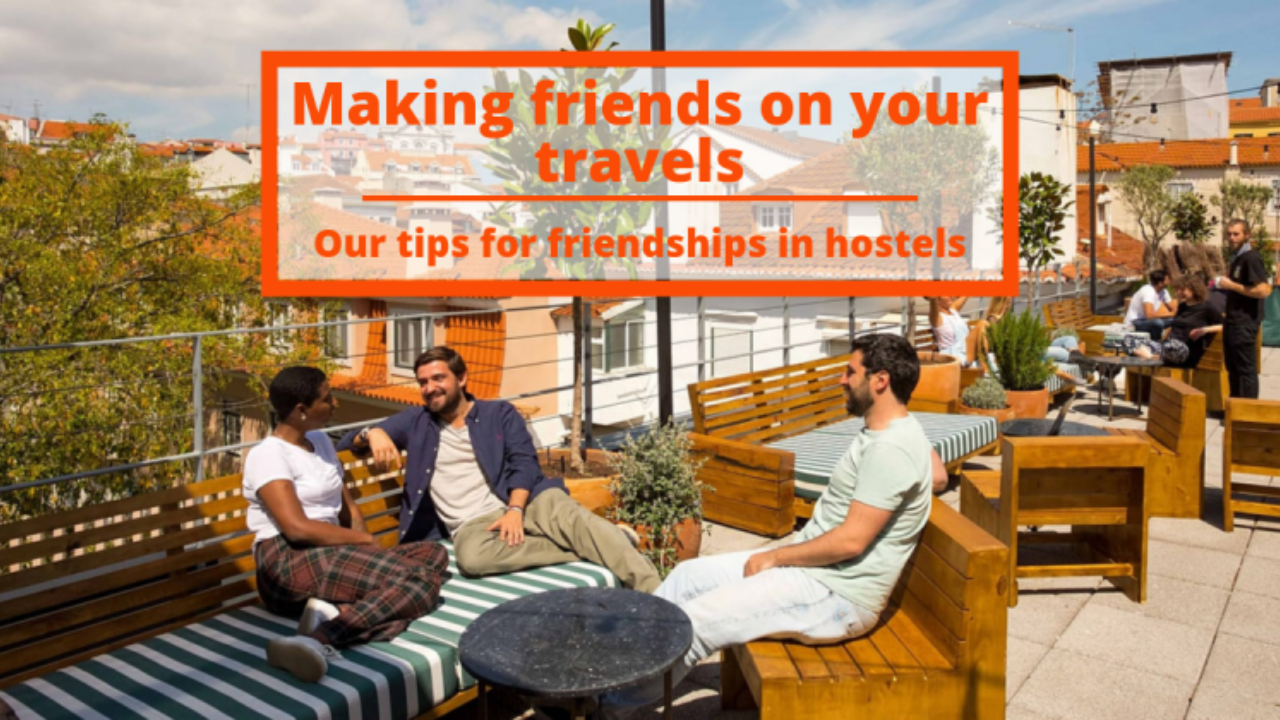
Travel is about more than visiting new places—it’s also about connecting with people, sharing experiences, and creating memories together. Unlike hotels, which often focus on privacy and luxury, hostels are designed to foster community. They create an environment where travelers from all over the world can interact, collaborate, and bond. The community vibe of hostels is one of their strongest appeals, making them not just a place to stay, but a hub of cultural exchange and friendship.
Why Community Matters in Hostels
For many travelers, especially solo adventurers, the journey can feel lonely. Hostels bridge that gap by offering social spaces, group activities, and an inclusive atmosphere that encourages connection. These bonds can turn strangers into travel companions and sometimes even lifelong friends.
Ways Hostels Build a Community Vibe
1. Shared Dormitories
Dorm-style rooms are more than just budget-friendly—they encourage conversation. Sharing a room naturally sparks small talk, from discussing travel itineraries to exchanging tips about destinations.
2. Common Areas as Social Hubs
Hostels invest in lounges, rooftops, and game rooms to create lively spaces where people can hang out, chat, or play games together. These areas act as the heartbeat of the hostel, drawing travelers out of their private spaces.
3. Organized Activities and Events
From pub crawls and city tours to yoga classes and movie nights, hostels frequently organize group activities. These events give travelers a fun and structured way to meet people without the awkwardness of starting conversations out of nowhere.
4. Community Kitchens
Cooking together creates natural opportunities to connect. Guests often share recipes, exchange ingredients, or prepare group meals, making the kitchen one of the most social spaces in a hostel.
5. Cultural Exchange Opportunities
Many hostels host themed nights such as local food tastings, dance sessions, or cultural workshops. These experiences immerse travelers in the local culture while encouraging them to share their own traditions with others.
6. Blending Locals and Travelers
Some hostels open their cafés, bars, or event spaces to locals, creating a mix of cultures. This not only supports local businesses but also gives travelers an authentic taste of the community beyond tourism.
7. Digital Connections and Notice Boards
Hostels often provide WhatsApp groups, bulletin boards, or apps where guests can find activity partners, rideshares, or event updates. This keeps everyone engaged and connected, even beyond face-to-face interactions.
Overview Table
| Community Element | How It Works | Benefit for Travelers |
|---|---|---|
| Shared Dormitories | Travelers share rooms | Encourages casual conversations |
| Common Areas | Social lounges, rooftops, and game rooms | Relaxed setting for interaction |
| Organized Activities | Tours, pub crawls, workshops | Structured ways to meet new people |
| Community Kitchens | Shared cooking spaces | Bonding over food and recipes |
| Cultural Exchange Nights | Local food, music, or art events | Immersive cultural experiences |
| Digital Groups & Boards | WhatsApp chats, hostel boards | Easy coordination and networking |
Why Travelers Love Hostel Communities
- Shared Experiences – Hostels create an environment where travel stories and advice flow freely.
- Inclusive Atmosphere – Hostels welcome people from diverse cultures, making everyone feel at home.
- Affordable and Social – They offer budget-friendly stays while enriching the journey with connections.
- Opportunities for Collaboration – From day trips to group dinners, hostels make it easy to do things together.
- A Sense of Belonging – Even solo travelers find a family-like community in hostels.
Examples of Community Practices in Modern Hostels
- Themed Nights: Pizza-making evenings or karaoke contests.
- Coworking + Social Mix: Hybrid hostels with café-workspaces that attract digital nomads.
- Adventure Trips: Group hiking, cycling, or surf lessons organized by the hostel.
- Sustainability Projects: Eco-friendly hostels where guests join local clean-up drives or community farming.
Conclusion
Hostels stand out in the travel industry because they go beyond accommodation. They create communities where people can share cultures, experiences, and friendships. Through shared dorms, social spaces, and engaging activities, hostels provide the perfect balance of affordability and connection. For travelers seeking not just a place to sleep but a chance to belong, hostels are the ultimate choice.
FAQs
Q1: Why do hostels have a stronger community vibe than hotels?
Hostels emphasize shared spaces and group activities, encouraging interaction instead of isolation.
Q2: Can introverted travelers still enjoy the hostel community?
Yes, they can ease into the vibe through casual chats in common areas or by joining smaller group activities.
Q3: What’s the main benefit of hostel communities for solo travelers?
They help solo travelers make friends easily, turning their journey into a shared experience.

